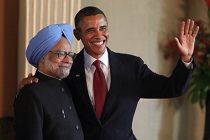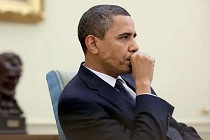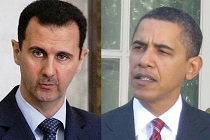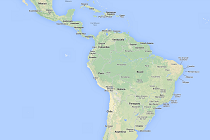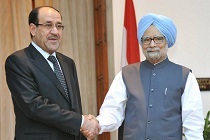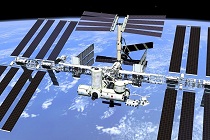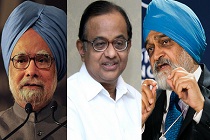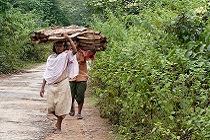India-U.S: Last chance to salvage ties
Since 2009, distraction and dysfunction in both India and the U.S. have dissipated the enthusiasm for greater bilateral ties. However, Indian Prime Minister Manmohan Singh has one last chance to salvage India-U.S. ties during his visit to the country this month, and he must utilise it appropriately

